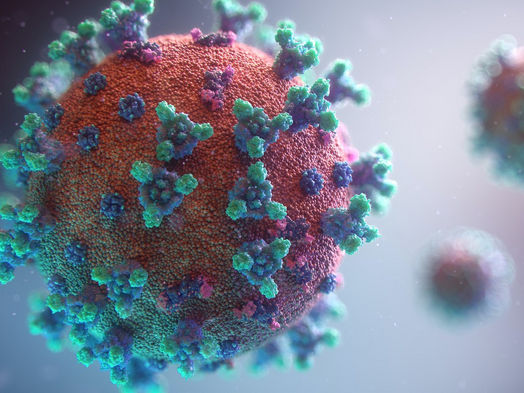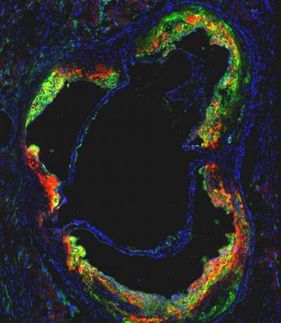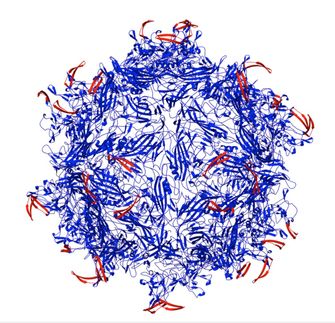Positive Results Published for D-Pharm's Drug Discovery Program in Alzheimer's and Stroke
Rehovot, Israel. D-Pharm Ltd. announced that its exciting results with DP-109 in an in vivo transgenic mouse model for Alzheimer's disease are now available online in Neurobiology of Aging. This study clearly demonstrates effect of the lipophilic metal ion modulator DP-109 on reducing amyloid pathology in the brains of human beta-amyloid precursor protein transgenic mice.
Daily oral administration of DP-109 for 3 months markedly reduced the burden of amyloid plaques and the degree of cerebral amyloid angiopathy (CAA) in brains, compared to animals receiving vehicle treatment. Moreover, DP-109 treatment facilitated the transition of amyloid-beta from insoluble to soluble forms and moderation of brain inflammation characteristic of AD. DP-109 is the second compound to emerge from D-Pharm's metal ion modulator based drug discovery program and is a lead candidate for combating neurodegenerative disease.
Earlier this year, results from a Phase II Acute Stroke Study with D-Pharm's most advanced metal ion modulator, DP-b99, were published in Stroke (2004). This Phase II study was performed as a randomized, double-blind, placebo-controlled trial. The purpose of the study was to determine whether DP-b99 could be safely used in patients within a 12-hour time window following a stroke incident and to provide important pharmacokinetics and dosing information for future pivotal efficacy trials. Analysis of the data indicates that DP-b99 may be safely administered in this patient population. Rates of mortality, serious adverse events and overall adverse events were not higher in the DP-b99 group compared to placebo and no major side effects were attributed to the treatment. Efficacy evaluation demonstrates improvements in the clinical neurological scale score (NIHSS) 2, 7 and 30 days after the stroke in drug-treated patients.
About the technology
Disrupted metal ion homeostasis is symptomatic of numerous diseases, ranging from inflammation, cardiac arrhythmia, myocardial infarction and acute stroke to chronic neuro-degeneration (e.g. Alzheimer's and Parkinson's diseases). D-Pharm's breakthrough was to recognize metal ion distribution within cell membranes as a distinct, novel target for therapeutic intervention.
D-Pharm's platform technology enables rational design of lipophilic drugs to modulate the distribution of metal ions such as copper, zinc, calcium and iron selectively within cell membranes and membrane milieus, rendering their action localized and safe. The resulting drug candidates are unique in that they operate at a number of selected targets critically involved in the disease process, providing a broad base for therapeutic effect. Our distinctive ability to modulate metal ion distribution selectively within the membrane offers a unique opportunity for powerful yet safe therapeutics in many human disorders.
About Alzheimer's disease and stroke
Currently more than 2% of the population aged 55 and over in developed countries (the United States, Western Europe and Japan) is affected by Alzheimer's disease. Growth in the number of elderly in these markets is expected to increase the total prevalence to greater than 10 million within the next 5 years. No effective treatment is available to prevent or reverse the deterioration that results from Alzheimer's disease. With no truly neuroprotective drugs on the market, there is a huge unmet need for new therapies.
Stroke is one of the world's most prevalent pathologies, rated as the third leading cause of death and second leading cause of neurological morbidity in the US, Europe, and Japan. After a stroke victim arrives at the hospital emergency room, clinicians must diagnose and initiate treatment within a six-hour window, during the medical crisis.
Other news from the department research and development
These products might interest you
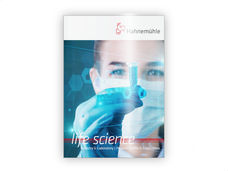
Hahnemühle LifeScience Catalogue Industry & Laboratory by Hahnemühle
Wide variety of Filter Papers for all Laboratory and Industrial Applications
Filtration Solutions in the Life Sciences, Chemical and Pharmaceutical Sectors
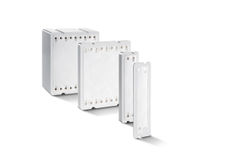
Hydrosart® Ultrafilter by Sartorius
Efficient ultrafiltration for biotech and pharma
Maximum flow rates and minimum protein loss with Hydrosart® membranes
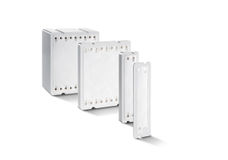
Hydrosart® Microfilter by Sartorius
Hydrophilic microfilters for bioprocesses
Minimal protein adsorption and high flow rates
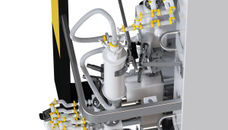
Sartobind® Rapid A by Sartorius
Efficient chromatography with disposable membranes
Increase productivity and reduce costs with fast cycle times

Sartopore® Platinum by Sartorius
Efficient filtration with minimal protein adsorption
Reduces rinsing volume by 95 % and offers 1 m² filtration area per 10"
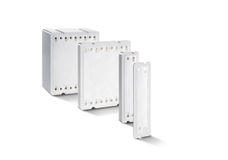
Polyethersulfone Ultrafilter by Sartorius
Reliable filtration with PESU membranes
Perfect for biotechnology and pharmaceuticals, withstands sterilisation and high temperatures
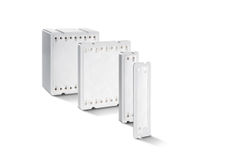
Polyethersulfone Microfilter by Sartorius
Biotechnological filtration made easy
Highly stable 0.1 µm PESU membranes for maximum efficiency

Get the life science industry in your inbox
By submitting this form you agree that LUMITOS AG will send you the newsletter(s) selected above by email. Your data will not be passed on to third parties. Your data will be stored and processed in accordance with our data protection regulations. LUMITOS may contact you by email for the purpose of advertising or market and opinion surveys. You can revoke your consent at any time without giving reasons to LUMITOS AG, Ernst-Augustin-Str. 2, 12489 Berlin, Germany or by e-mail at revoke@lumitos.com with effect for the future. In addition, each email contains a link to unsubscribe from the corresponding newsletter.
Most read news
More news from our other portals
Last viewed contents

Kreatech Diagnostics - Amsterdam, Netherlands
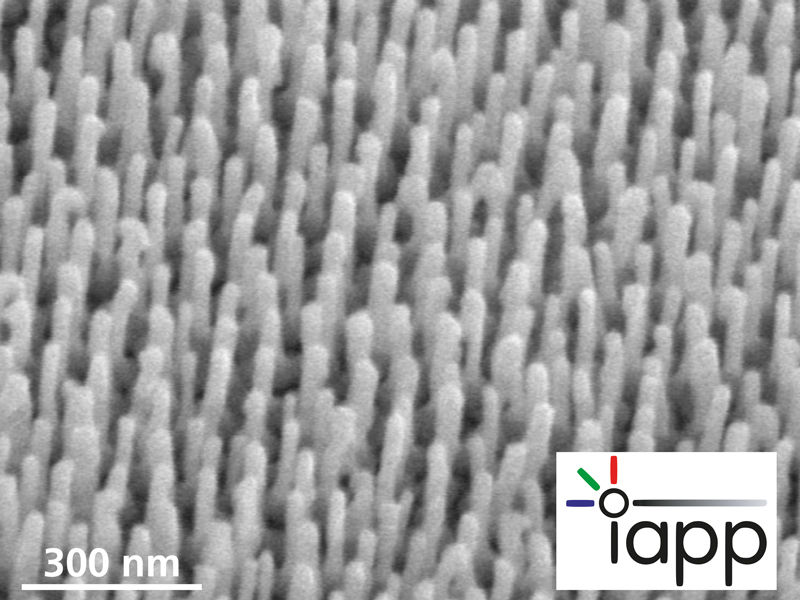
Portable lab analysis: mini spectrometer integrated into your mobile phone
Peptide display company orbit discovery closes £6.9M series A financing
